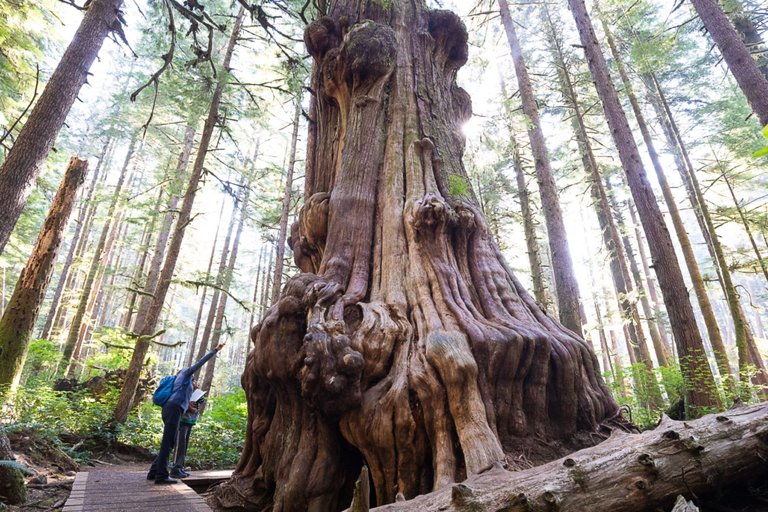How Forest Bathing Is Helping Urban Canadians De-stress
The centuries-old Japanese practice of “shinrin-yoku” is gaining popularity in Canadian cities, offering residents a simple yet powerful way to reconnect with nature and reduce anxiety.
Published: June 28, 2025 at 19:23
By: By Aisha Patel, Tundra Bulletin

Forest bathing, or 'shinrin-yoku,' a practice rooted in Japanese tradition, is finding a growing audience in Canadian urban centers. With rising levels of stress and screen fatigue, many Canadians are turning to the forest not just for recreation, but for restoration.
In Vancouver and Toronto, guided forest bathing sessions are now offered in city-adjacent parks and reserves. These slow, intentional walks are designed to engage all the senses — listening to birds, touching bark, inhaling the earthy air — and encourage participants to disconnect from digital stimuli.
Ecotherapist and guide Jana Brooks, who leads walks in Ontario's Rouge National Urban Park, says the appeal lies in the simplicity. “People often arrive exhausted and skeptical, but by the end, many feel mentally lighter and more connected to their environment,” she explains.
Scientific studies have begun to support these experiences. Research from the University of British Columbia found that participants who engaged in regular forest bathing reported significant drops in cortisol levels, improved sleep quality, and greater emotional balance.
Unlike hiking or fitness-based outdoor activities, forest bathing is non-goal-oriented. Participants move slowly, often in silence, guided through breathing exercises and sensory awareness activities. It’s as much about stillness as it is about movement.
Local governments are beginning to take note. The City of Calgary recently partnered with wellness organizations to offer forest therapy as part of its community health programming, especially for seniors and those recovering from trauma.
For urban dwellers with limited access to natural spaces, virtual forest bathing sessions have also emerged. These involve guided audio walks accompanied by nature visuals, allowing individuals to simulate the experience from balconies or backyards.
As more Canadians seek tools for mental resilience, forest bathing is becoming less of a wellness trend and more of a mainstream mental health resource. Advocates believe it has the power to shift how cities value and protect green space — not just as amenities, but as essential public health infrastructure.